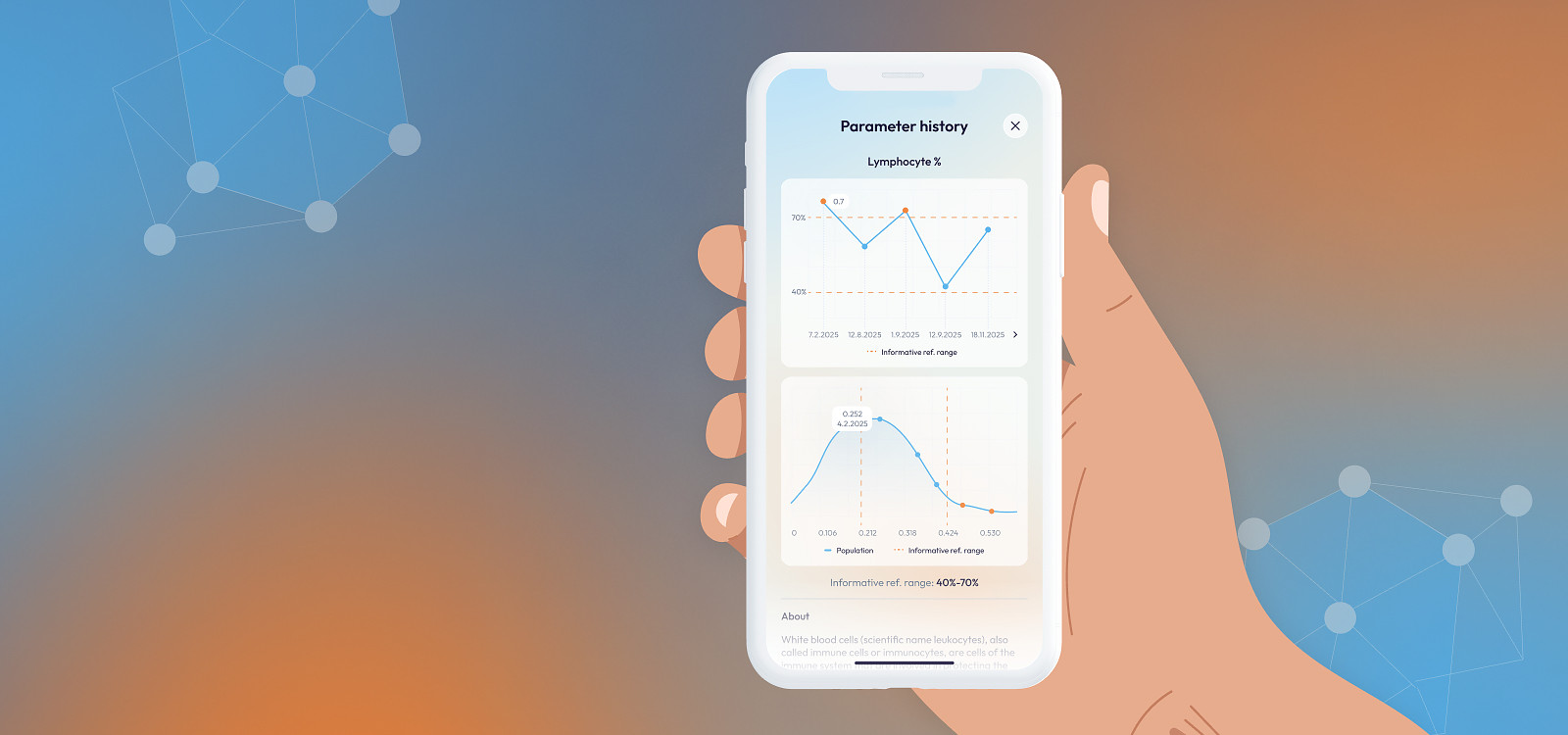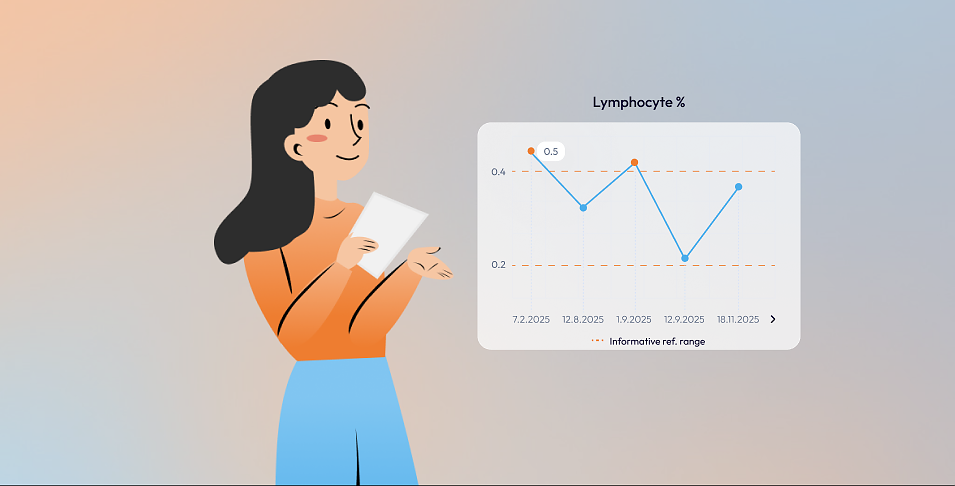Parameter Tuesday: SODIUM
Sodium is an essential electrolyte in your body that is present in all your body's fluids. It is present as a cation which means it is an electrically positively charged mineral. It is vital in maintaining your body's normal fluid balance and plays a key role in normal nerve and muscle function.
Your body gets the necessary sodium through your diet and loses it primarily in sweat and urine. If blood sodium concentration increases by only 1%, it will make you thirsty. With the help of various hormones, kidneys maintain the level of sodium in your body within a very small concentration range and make sure that the blood pressure is normal as well. The loss of sodium in urine is increased by natriuretic peptides and decreased by aldosterone. Antidiuretic hormone (ADH) has a role in preventing water loss. Problems involving these hormones have a significant impact on the sodium concentration in your body.
Hyponatremia, or low sodium concentration in your body, is one of the most common electrolyte disorders. It may be caused by hormonal changes, severe vomiting or diarrhea, severe burns, cirrhosis, heart failure and kidney failure. Some diuretics, antidepressants and pain medications can also cause low sodium levels in your body. Hyponatremia can also be caused by drinking too much water. The reason is that kidneys are overwhelmed and can't excrete water fast enough.
Hypernatremia or a high sodium concentration in your body is often connected to a kidney disorder, severe vomiting or diarrhea, severe burns, dehydration, excessive sweating, or disorders of adrenal glands. Hypernatremia can also be caused by poorly treated diabetes mellitus or a rare condition known as diabetes insipidus.






